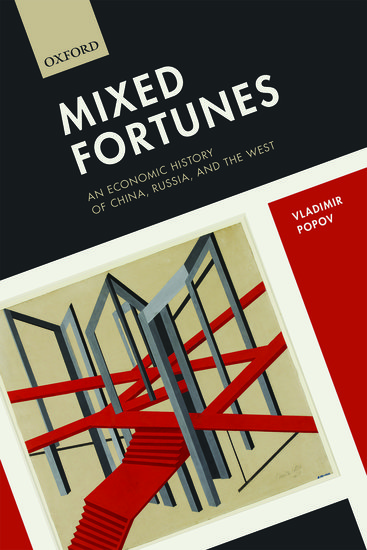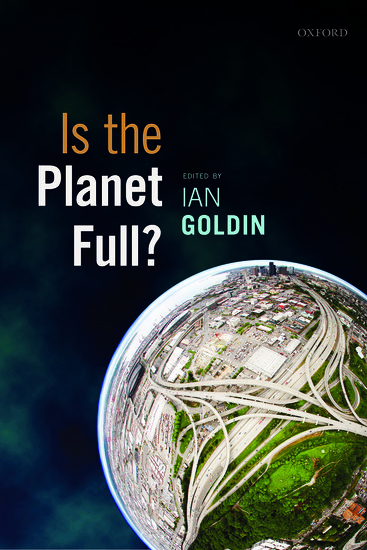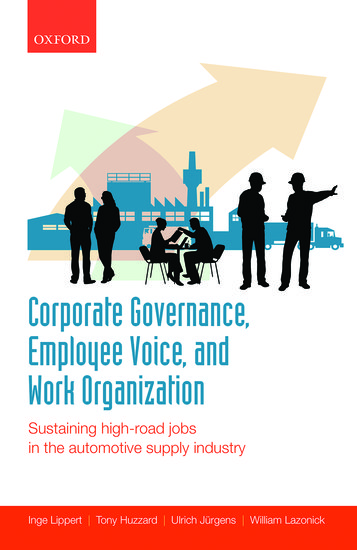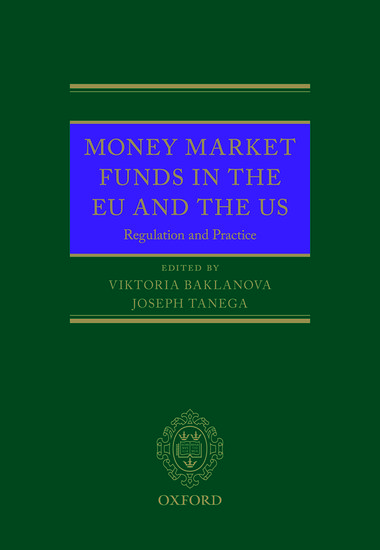Can we end poverty?
Define poverty as living with two dollars a day or less. Now imagine that governments could put those two dollars and one cent in every poor person’s pocket with little effort and minimal waste. Poverty is finished. Of course, things are more complicated than that. But you get a sense of where modern social policy is going—and what will soon be possible.








